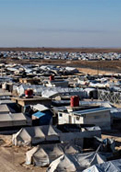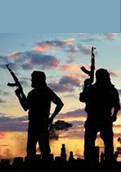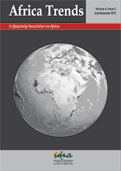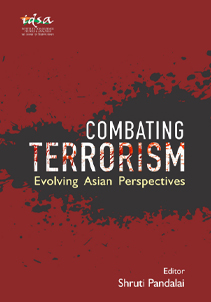Iran’s Strategic Behaviour Against ISIS: Religio-Cultural Context of Shrines and Martyrdom
The killing of Qassem Soleimani in 2020 again brought the religio-cultural significance of ‘martyrdom’ into limelight in Iran. He got recognized as the ‘Defender-Martyr of Holy Shrine’ given his role against ISIS in protecting the Shi’i holy shrines. This article analyses the relationship between ‘shrines and ‘martyrdom’ in Iran’s strategy against ISIS.
- Shafat Yousuf , Rafiullah Azmi
- January-February 2023














